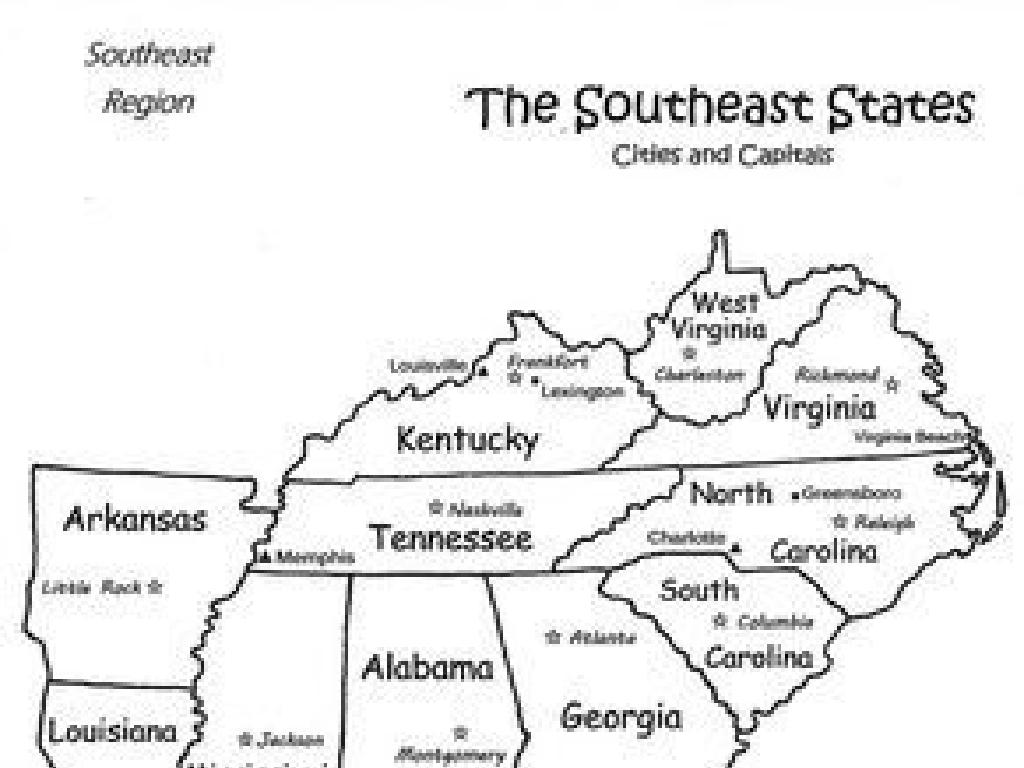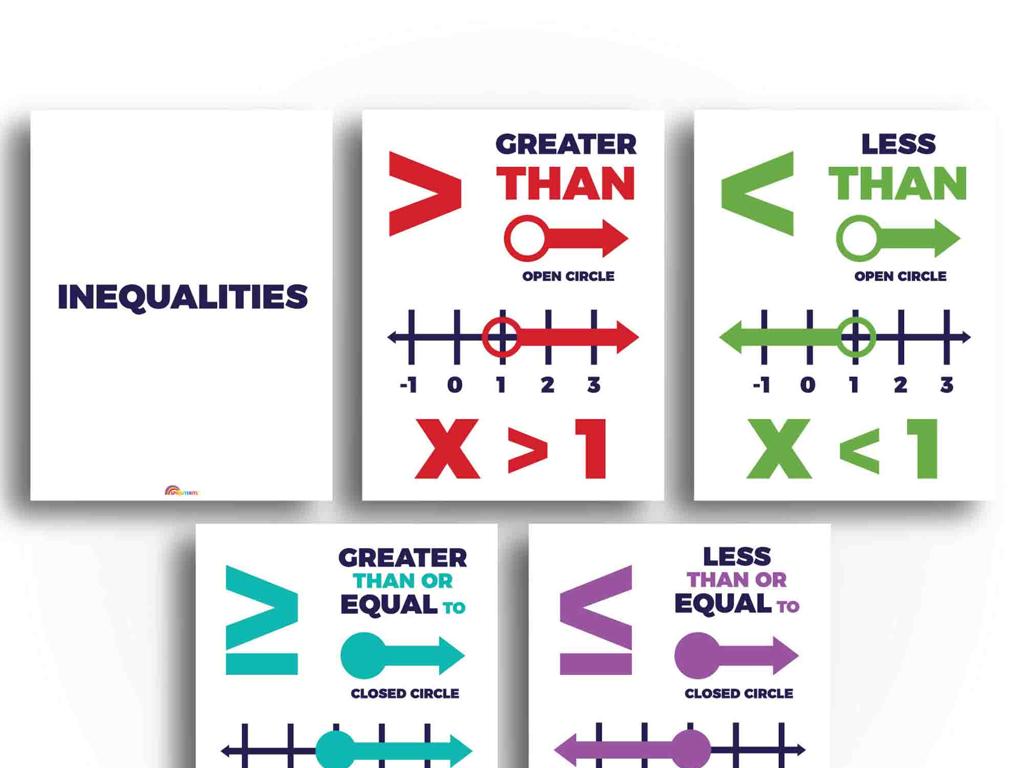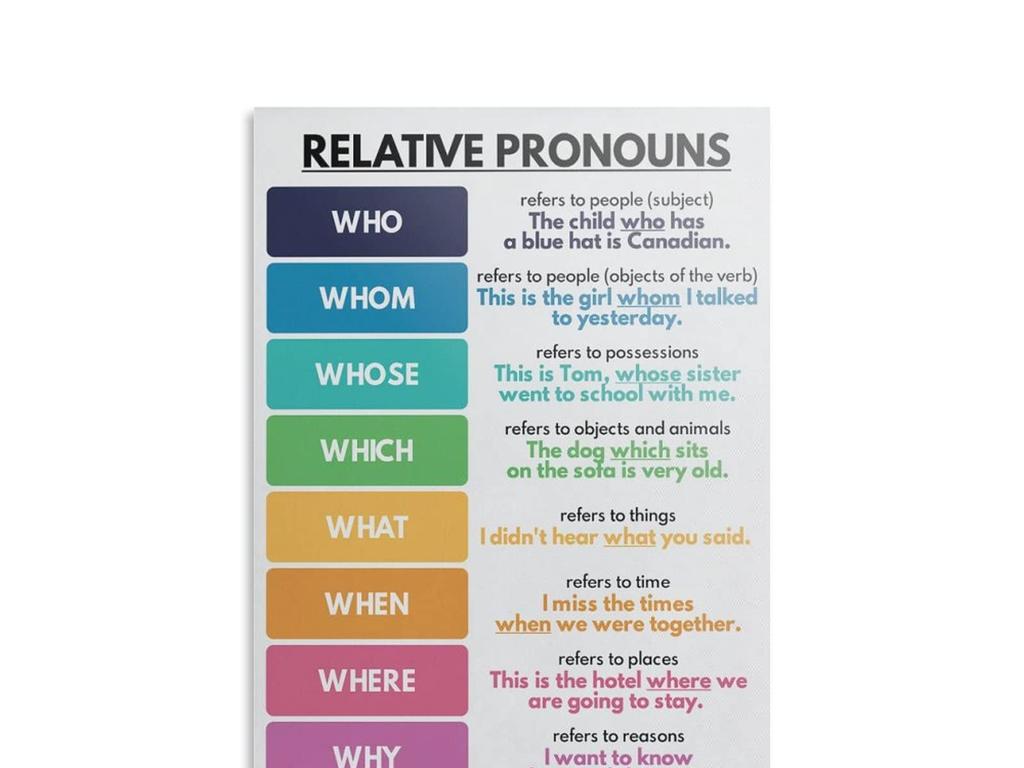Identify The Irregular Past Tense I
Subject: Language arts
Grade: Third grade
Topic: Verb Tense
Please LOG IN to download the presentation. Access is available to registered users only.
View More Content
Exploring Past Tense Verbs
– Understanding verb tenses
– Defining a verb
– Action words in sentences, like ‘run’ or ‘think’
– Focus on the past tense
– Past tense tells us the action already happened
– Irregular past tense verbs
– Some verbs don’t add -ed, like ‘run’ became ‘ran’
|
This slide introduces the concept of verb tenses, focusing on the past tense, particularly the irregular past tense verbs. Begin by explaining that verbs are words that show action or a state of being. Then, discuss how the past tense is used to describe actions that have already occurred. Emphasize that while many verbs just add -ed to become past tense (like ‘jump’ to ‘jumped’), some verbs change their form entirely, which are called irregular verbs. Provide examples of irregular verbs and their past tense forms, such as ‘go’ to ‘went’ and ‘buy’ to ‘bought’. Encourage students to think of actions they did yesterday to relate to the past tense.
Understanding Past Tense
– What is past tense?
It’s used to talk about actions that are completed.
– When do we use past tense?
– Examples of past tense
‘I walked to school’ shows action done. ‘She danced in the recital’ is another finished action.
– Practice identifying past tense
Find past tense verbs in sentences from a story.
|
This slide introduces the concept of past tense to third-grade students. Begin by explaining that past tense verbs are used to describe actions that have already happened. Emphasize that these actions are completed, and nothing is ongoing. Provide clear examples like ‘I walked to school’ and ‘She danced in the recital’ to illustrate past tense verbs. Encourage students to think of their own examples and share them with the class. As an activity, have students identify past tense verbs in sentences from a familiar story or their reading book. This will help them recognize and understand the use of past tense in context.
Regular vs. Irregular Past Tense Verbs
– Regular verbs end with ‘ed’
– Irregular verbs are unique
– Examples: ‘jumped’, ‘helped’
– ‘Jump’ becomes ‘jumped’, ‘help’ becomes ‘helped’
– Examples: ‘ran’, ‘sang’
– ‘Run’ becomes ‘ran’, ‘sing’ becomes ‘sang’
|
This slide introduces the concept of regular and irregular past tense verbs to third graders. Regular past tense verbs are formed by adding ‘ed’ to the base form of the verb, which is a consistent rule that students can rely on. However, irregular past tense verbs do not follow this rule and change in unique ways that must be memorized. Provide examples of both regular and irregular verbs, and encourage students to notice the pattern of regular verbs and the lack of pattern in irregular verbs. During the lesson, engage students with activities where they can practice converting present tense verbs to their past tense forms and identify whether they are regular or irregular.
Irregular Past Tense Verbs
– Irregular verbs are unique
– No simple rule for past tense
– Remembering is key
– Practice makes perfect with these verbs
– Examples: ‘go’ to ‘went’
– ‘buy’ changes to ‘bought’, not ‘buyed’
|
This slide introduces the concept of irregular past tense verbs to third-grade students. Unlike regular verbs, irregular verbs do not follow a set pattern when changing to past tense, which can be confusing. It’s important to emphasize that memorization and practice are essential for mastering these verbs. Provide students with a few common examples and encourage them to think of more verbs they know that might be irregular. Use engaging activities like verb charades or matching games to reinforce learning. In the next class, review these verbs and ask students to use them in sentences to ensure retention.
Practice Time: Irregular Past Tense Matching
– Match present to past tense
– Example: ‘eat’ -> ‘ate’
– ‘eat’ is present, ‘ate’ is its irregular past tense
– Partner up for the activity
– Work together and help each other learn
– Find many irregular verbs
– Discover verbs that don’t follow regular rules
|
This slide is for a classroom activity focused on identifying irregular past tense verbs. Students should be encouraged to think of verbs in the present tense and then work with a partner to determine their irregular past tense forms. The example provided should kickstart their thinking process. Teachers should circulate the room to assist pairs as needed, ensuring that students understand that irregular verbs do not follow the typical ‘-ed’ ending pattern. Prepare a list of common irregular verbs to help guide the students if they get stuck. The goal is for students to recognize patterns and become more familiar with irregular verb usage through collaborative learning.
Let’s Play Past Tense Bingo!
– We’re playing ‘Past Tense Bingo’
– Listen for irregular past tense verbs
– Verbs that don’t follow regular rules, like ‘run’ to ‘ran’
– Mark heard verbs on your bingo card
– Five in a row wins the game!
|
This interactive game is designed to help students recognize and remember irregular past tense verbs in a fun and engaging way. Prepare bingo cards in advance with a variety of irregular past tense verbs. During the game, call out the present tense of the verbs and prompt students to find and mark the past tense on their cards. Encourage active listening and quick thinking. Possible variations of the game could include using sentences with missing verbs for context or having students call out the verbs in sentences. Celebrate the winners and ensure everyone understands the irregular verbs used in the game.
Story Time: Spot the Irregular Past Tense!
– I’ll read a story aloud
– Clap when you hear irregular past tense
– Not ‘walked’ or ‘jumped’, but ‘ate’ or ‘sang’
– Count how many we find
– Discuss the verbs after the story
– We’ll talk about the verbs you clapped for
|
This interactive activity is designed to help students identify irregular past tense verbs through listening. As you read the story, students will listen for verbs that don’t follow the regular ‘-ed’ ending pattern and clap when they hear them. This will help reinforce their understanding of irregular verbs in a fun and engaging way. After the story, have a discussion about the verbs they found, and write them on the board. You can extend the activity by asking students to use those verbs in sentences of their own or to find the base form of the irregular past tense verbs.
Create Your Own Story with Irregular Past Tense Verbs
– Write your own short story
– Include 5 irregular past tense verbs
– Verbs like ‘went’, ‘saw’, ‘took’
– Share your story with the class
– Have fun with your creativity!
– Use your imagination and enjoy!
|
This activity is designed to encourage students to apply their knowledge of irregular past tense verbs in a fun and creative way. By writing their own stories, students will practice using verbs that do not follow the regular ‘-ed’ ending pattern. Provide examples of irregular past tense verbs to help them get started, such as ‘run’ to ‘ran’, ‘eat’ to ‘ate’, and ‘go’ to ‘went’. Remind them that the story does not have to be long, but it should have a clear beginning, middle, and end. After writing, students will have the opportunity to share their stories with the class, which will help build their confidence in using irregular past tense verbs and enhance their storytelling skills. Prepare to facilitate the sharing session and offer positive feedback and encouragement to each student.
Class Activity: Verb Tense Treasure Hunt
– Let’s hunt for verb treasure!
– Find cards with past tense verbs
– Look for hidden cards around the classroom
– Team up and discover present tense
– Work together to match past verbs to their present form
– Write down your verb findings
– Keep a list of the verbs you convert
|
This interactive activity is designed to help students identify and understand irregular past tense verbs through a fun treasure hunt. Hide cards with irregular past tense verbs around the classroom before the lesson. Divide the class into small teams and provide each team with a worksheet to write down their findings. As they find the cards, they should work together to determine the present tense of each verb. After the hunt, regroup and discuss the answers as a class. This will reinforce their understanding of verb tenses and encourage teamwork. Possible verbs to include: ‘ate’ (eat), ‘sang’ (sing), ‘wrote’ (write), ‘drove’ (drive). Make sure to have enough cards so that each team can find several examples.
Review and Reflect: Irregular Past Tense Verbs
– Recap on irregular past tense verbs
– We learned that these verbs don’t follow a set rule for past tense.
– Importance of knowing irregular verbs
– They are common in English and essential for correct grammar.
– Share your interesting discovery
– Maybe a verb like ‘go’ becoming ‘went’ caught your attention?
– Discuss a challenging verb
– Was there a verb that was hard to remember? Let’s talk about it.
|
This slide aims to consolidate the day’s learning by encouraging students to reflect on their understanding of irregular past tense verbs. Start by asking students to summarize what they’ve learned, emphasizing that irregular verbs do not follow the regular ‘-ed’ pattern. Discuss the importance of these verbs in everyday communication and their prevalence in the English language. Encourage students to share any verbs that they found particularly interesting or tricky, fostering a collaborative learning environment. This reflection will help students process the lesson and provide valuable feedback on their learning experience.






